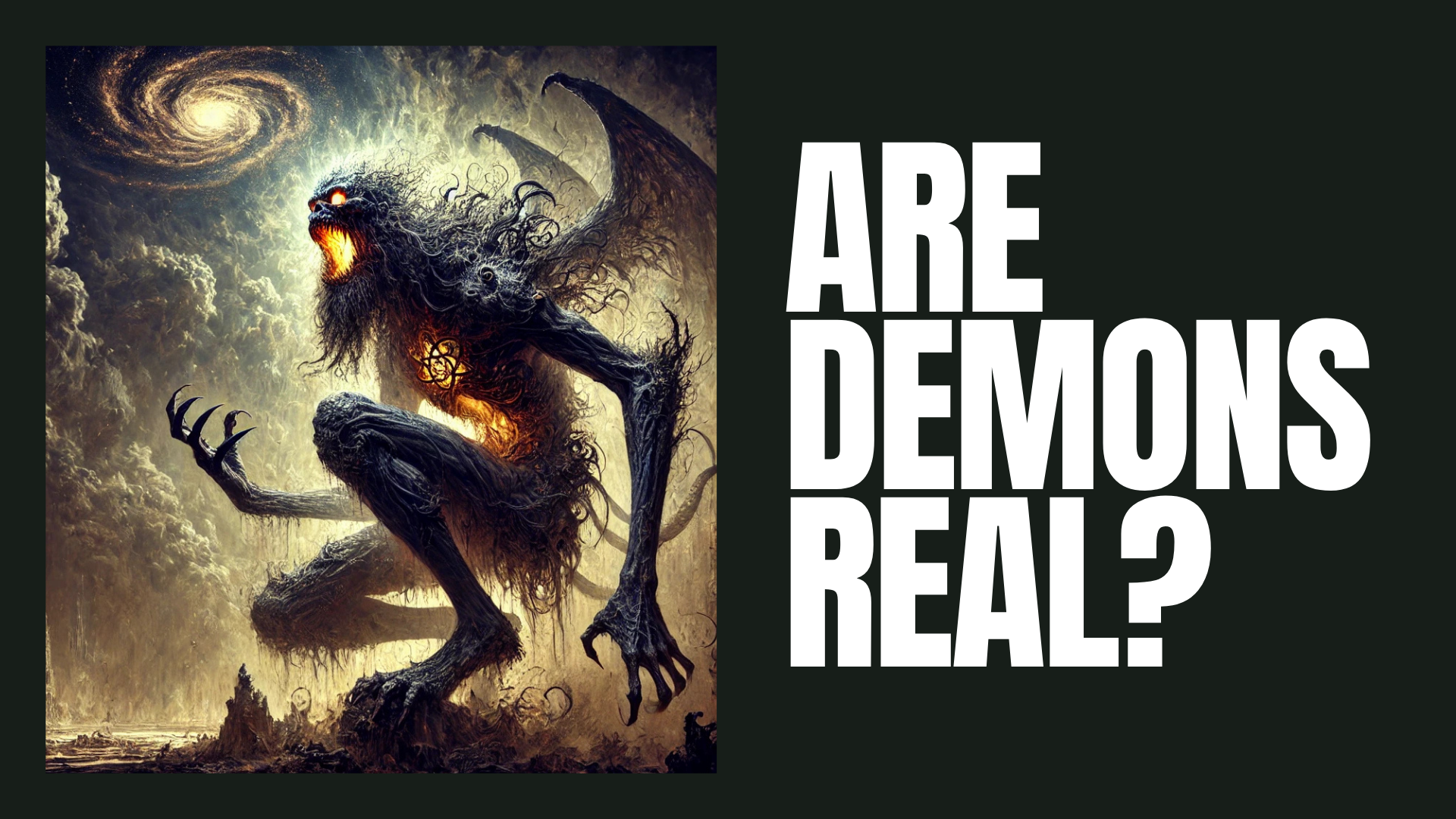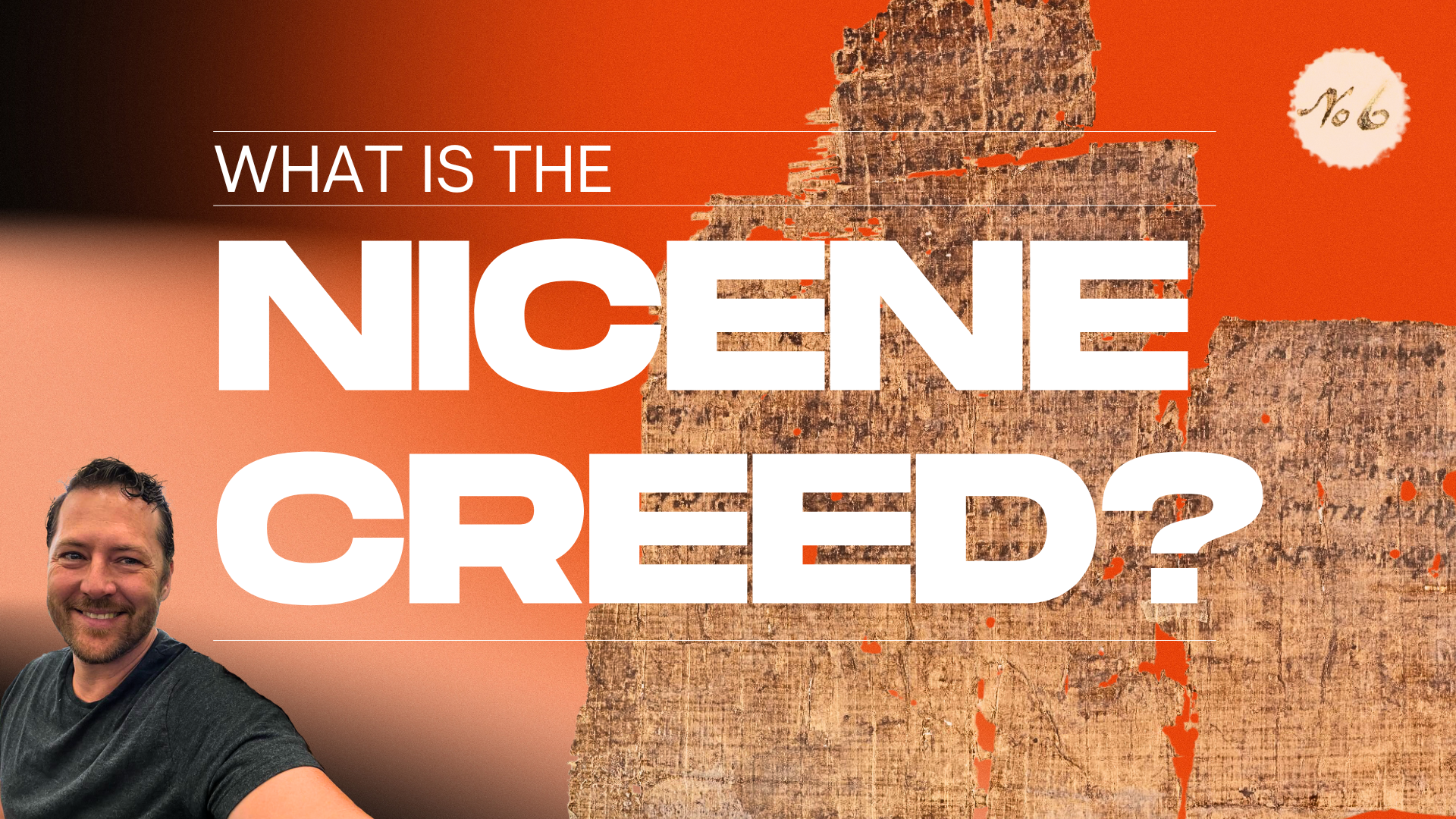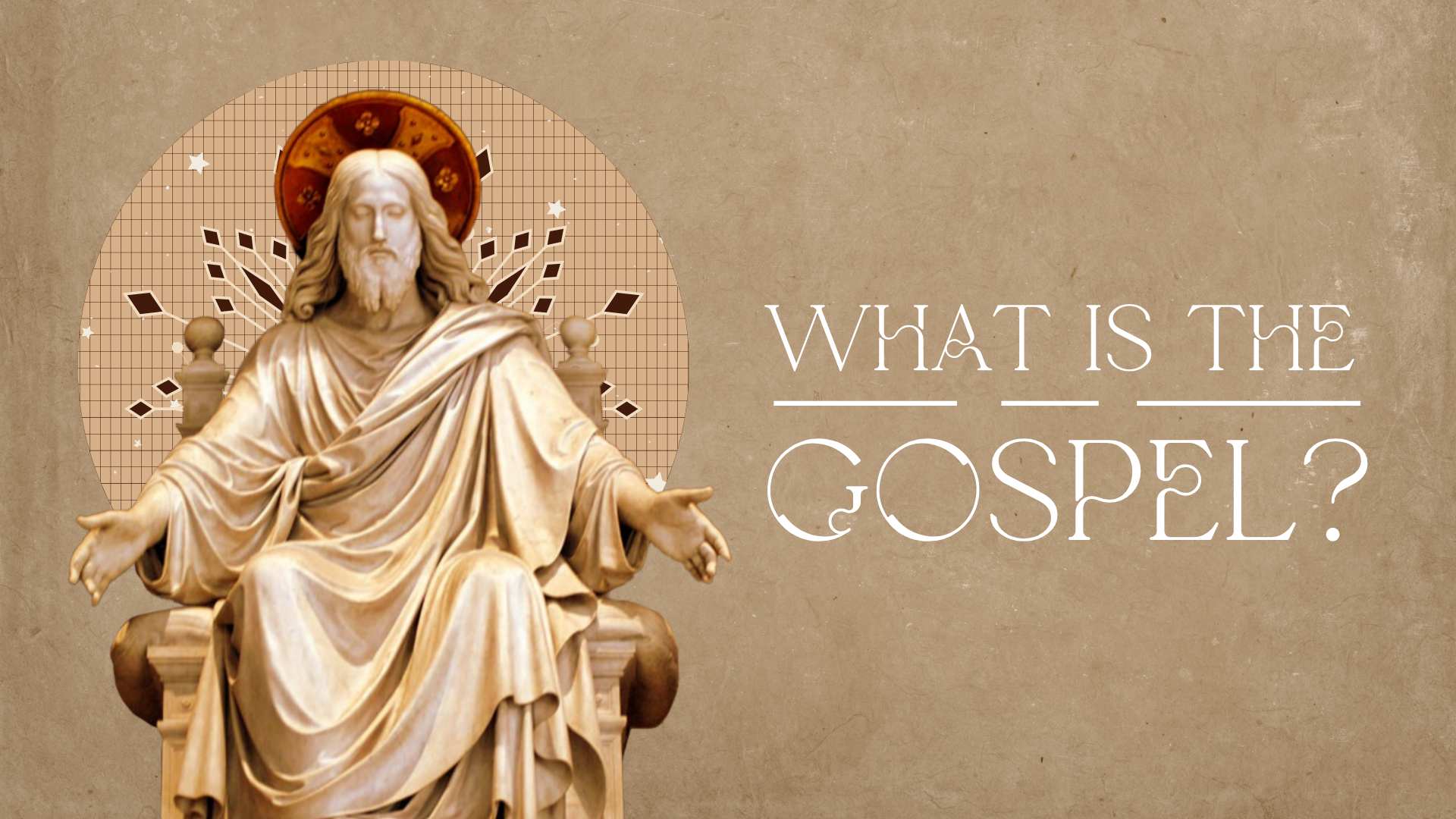
REVIEW—Lost Words and Forgotten Worlds: Rediscovering the Dead Sea Scrolls
Andrew B. Perrin aims to reconnect readers with the ancient yet continuously evolving narrative of the Dead Sea Scrolls (DSS), clarifying misconceptions and emphasizing the scrolls’ enduring significance for biblical interpretation and textual criticism. The book challenges traditional assumptions and highlights how recent research, including technological advancements and exposure of forgeries, reshapes our understanding of biblical texts in their historical contexts. Perrin encourages readers to engage with the scrolls not merely as artifacts but as windows into Second Temple Judaism, demonstrating the diverse religious environment that birthed the New Testament and early Christianity. His approach reflects the ongoing, dynamic conversation between ancient findings and contemporary scholarship, advocating for a thoughtful reassessment of biblical tradition through the lens of this extraordinary archaeological discovery.

Should AI Be Used for Theological Research?
Small variations in prompt wording can significantly change the course of AI-generated theological research, as exemplified in the debate between Arminianism and Calvinism. Shifts in phrasing shape the model’s assumptions, research patterns, source selection, and final conclusions in ways that often go unnoticed, revealing how easily bias can be loaded into the process without realizing it. AI models tend to prioritize systematic theological structures, emphasize textual coherence over narrative development, and reinforce the framing presented to them, making truly objective theological analysis difficult to achieve through artificial intelligence.

What is the Atonement in the Bible? (Thoughts on Atonement from Dr. Michael S. Heiser)
Michael Heiser understood Christ’s atonement as a multifaceted reality best described as a kaleidoscope, where various theories—Penal Substitution, Ransom, Moral Influence, Governmental, Recapitulation, Christus Victor, and potentially others—each offer legitimate insights into the work of Christ without needing to be synthesized into a single system. He affirmed substitution as biblically essential while rejecting the notion that God’s wrath was poured out on Jesus in a punitive sense. Heiser emphasized biblical theology over systematic formulations, preferring to let the text speak in its own diversity. Among the models, he notably favored Christus Victor, seeing Christ’s death, resurrection, and ascension as the defeat of spiritual powers and the beginning of cosmic restoration.

Are demons real? (Where do they come from? And what do they do?)
Demons are real, and their origin traces back to the Nephilim—the giant offspring of rebellious divine beings and human women—whose disembodied spirits now roam the earth in defiance of God. These unclean spirits emerge from ancient cosmic rebellion and continue to corrupt, deceive, and oppose God’s purposes in the world. They promote false teachings, exploit human institutions, and wage spiritual war against humanity. Yet their influence is not ultimate; through Jesus, the Kingdom of God has broken in to confront and overcome their power.

Response to TGC re: Matthew Bates, Beyond the Salvation Wars
A recent article posted on the TGC website by Harrison Perkins claims to be a review of Matthew Bates’ recent book, Beyond the Salvation Wars, but only succeeds as a ‘hit piece’ intended to highlight the specific theological camp encouraged in the TGC community. Perkins claims that “Bates’s gospel and his arguments for it have several significant flaws.” Perkins does not list the flaws by number, but I’d like to address five specific criticisms he makes of Bates before providing some concluding thoughts. I’ll pose these as questions to be answered as I do not believe the claims accurately represent Bates’ positions.

“Do You Not Know That We Will Judge Angels?” What Paul Assumes about a Common Eschatology
In 1 Corinthians 6:3, Paul asks, “Do you not know that we will judge angels?” When read from the Divine Council worldview (DCW) perspective, the question tugs at several biblical-theological threads that influence the view of Christ’s people in the eschaton and their participation in divine governance. As Paul’s rhetorical question indicates, followers of Christ will, in some way, participate in the final judgment of angels, understood under the DCW as fallen spiritual beings (the consummation of the Psalm 82 judgment as revisited in Revelation 20:11-15). Scripture presents the saints as co-rulers with Christ, as seen in Revelation 2:26-27, where Jesus declares, “The one who conquers and who keeps my works until the end, to him I will give authority over the nations.” Likewise, Revelation 5:10 affirms that those belonging to Christ will be made “a kingdom and priests to our God, and they shall reign on the earth.” Paul assumes a seemingly general knowledge of the day, that “believers, having been exalted with Christ who rules over all powers, will play a role in the final judgment of those powers.”

7 Reasons Everyone Should Read Revelation
Dragons, beasts rising from the sea, armies of locusts, and rivers of blood–the Book of Revelation contains some of the Bible’s most terrifying imagery. I had been a pastor for many years when it occurred to me that many Christians avoid reading Revelation because they fear its apocalyptic visions and are confused by its complex symbolism. But despite its challenging content, Revelation has always offered Christians hope and truth, essential for the Christian life. What follows are seven reasons why I think everyone should carefully read this fantastic book.

What is the Nicene Creed?
The Nicene Creed is a foundational statement of Christian faith that emerged from the early church’s need to address theological controversies, particularly Arianism–a heresy that denied the full deity of Christ by claiming He was a created being. Also known as the Nicene-Constantinopolitan Creed, it holds a unique place in Christian history as the only creed universally accepted by Eastern Orthodox, Roman Catholic, and Protestant churches. While earlier creeds like the Old Roman Symbol existed, the Nicene Creed provides the first detailed affirmation of Christ’s divinity and the Holy Spirit’s deity that gained ecumenical acceptance. The creed systematically addresses key doctrinal issues, carefully articulating orthodox beliefs about the Trinity and the nature of Christ (Christology) in response to various heresies that threatened the church’s understanding of these essential doctrines.

Gospel Meaning and Definition
The definition and meaning of the Gospel are examined through the perspectives of the Apostle Paul, Jesus himself, and contemporary theological understanding. While Paul emphasizes Christ's death, resurrection, and lordship, and Jesus focused on announcing God's Kingdom, the full Gospel encompasses both perspectives; it is fundamentally the good news that Jesus is King, bringing God's rule to earth through his incarnation, death, resurrection, and eventual return. The Gospel extends beyond mere historical events to represent God's comprehensive plan to restore all creation through Christ, offering hope of redemption, adoption into God's family, and the promise of cosmic renewal when Christ returns to fully establish his Kingdom.

What is the Gospel?
It’s bigger than you think. The Gospel isn’t merely a message that Jesus died for your sins so you can go to heaven. Indeed, that’s part of it, but the Gospel encompasses the entire biblical narrative from creation to consummation. The Gospel proper is that Jesus is King. From this foundational truth flow various Gospel effects that shape how we understand salvation, transformation, and our place in God's Kingdom.

What Are the Gospels?
The term “Gospel” refers to the first four books of the New Testament–Matthew, Mark, Luke, and John. These foundational texts contain the testimony of Jesus Christ's life, ministry, death, and resurrection. While modern readers might expect conventional biographies, the Gospels are a unique ancient biographical form that aims to demonstrate Jesus’s identity as Israel’s promised Messiah and accomplish their authors’ theological purposes.

Theomythology as a Framework for Biblical-Theological Preaching
Story matters. It may be the most powerful way God communicates to his people in the scriptures, yet many modern preachers engage the Bible exegetically, searching for propositional truths about God. This is how seminaries classically teach hermeneutics–the careful parsing of grammar to derive surface-level meaning. Yet, the way a preacher engages the story exegetically and how it is presented homiletically will affect its response. Theomythology, to be defined herein, provides a framework for narrative analysis in the context of biblical theology for preaching biblical-theological messages to theopathically engage listeners. Terms must first be defined before theomythology can be analyzed in the context of biblical theology. Further, biblical theology's place in preaching must be addressed before comparing the teaching and doing of theology.

THE DIVINE IDENTITY OF JESUS AS YAHWEH IN THE SCRIPTURES AND SECOND TEMPLE JEWISH THOUGHT
The divine identity of Jesus as Yahweh is evident in the New Testament and Second Temple Jewish literature. The New Testament presents Jesus not only as the Messiah but also as Yahweh incarnate, demonstrated through His divine roles, such as creator and forgiver of sins. The concept of the "Two Powers in Heaven" from early Jewish thought, which describes two divine figures sharing authority, aligns with early Christian views of Jesus. Additionally, some Jewish groups during the Second Temple period held expectations of a divine Messiah, as seen in texts like 1 Enoch and the Psalms of Solomon, which depict the Messiah with divine attributes. These sources affirm that Jesus is portrayed as the incarnate Yahweh in both scriptural and Second Temple contexts.

Covenant Membership in Christ (Circumcision of the Heart)
This article, based on Romans 2:17-29, explores the transformative nature of covenant identity through faith in Christ. Paul critiques the Jewish reliance on external markers, such as circumcision and possession of the law, to define their identity as God's people. He argues that true righteousness comes not from lineage or religious rituals, but from an inward change brought about by the Holy Spirit. The message is divided into three key points: (1) Misplaced Confidence in the Law, where Paul challenges self-identification through outward signs without obedience; (2) Failing to Keep the Law, which highlights Jewish hypocrisy and its damaging effect on their witness to the Gentiles; and (3) Redefining Covenant Identity, where Paul reorients covenant membership around inward transformation, fulfilled through faith in Christ and obedience to the Spirit, calling for heart transformation over external rites.

3 Ways Demonic Powers Are at Work in 2023
The Bible repeatedly addresses the activities of demons, the devil, Satan, and the powers of darkness. Interpretations and beliefs about these entities may vary. Some believe the demonic powers are mere metaphors for speaking about things we don’t understand. Others believe the ancient people created the idea of spiritual beings to describe evils in the heart of humankind. However, the most natural reading of the scriptures would indicate that there are fallen and evil beings in unseen places that war against righteousness in the cosmos and on earth, potentially through intermediaries. Here are three things the Bible says about demonic activities pertinent to contemporary events. I’ll leave much of the analysis of current events to your imagination, as my intent here is merely to demonstrate ways demonic powers are still on the job.

The Divine Council Worldview (DCW)
Three words comprise the term ‘Divine Council Worldview’ (DCW). Divine refers to beings of non-human spiritual, divine, or angelic origin. These beings, it is argued, make up a council in the heavens that operates under the authority of a supreme deity. A worldview is a particular philosophy of life or conception of the world that an individual holds. To say there is a Divine Council Worldview is to say that the presence of a Divine Council governs how you think about the world, mainly how it affects one’s personal life philosophy.